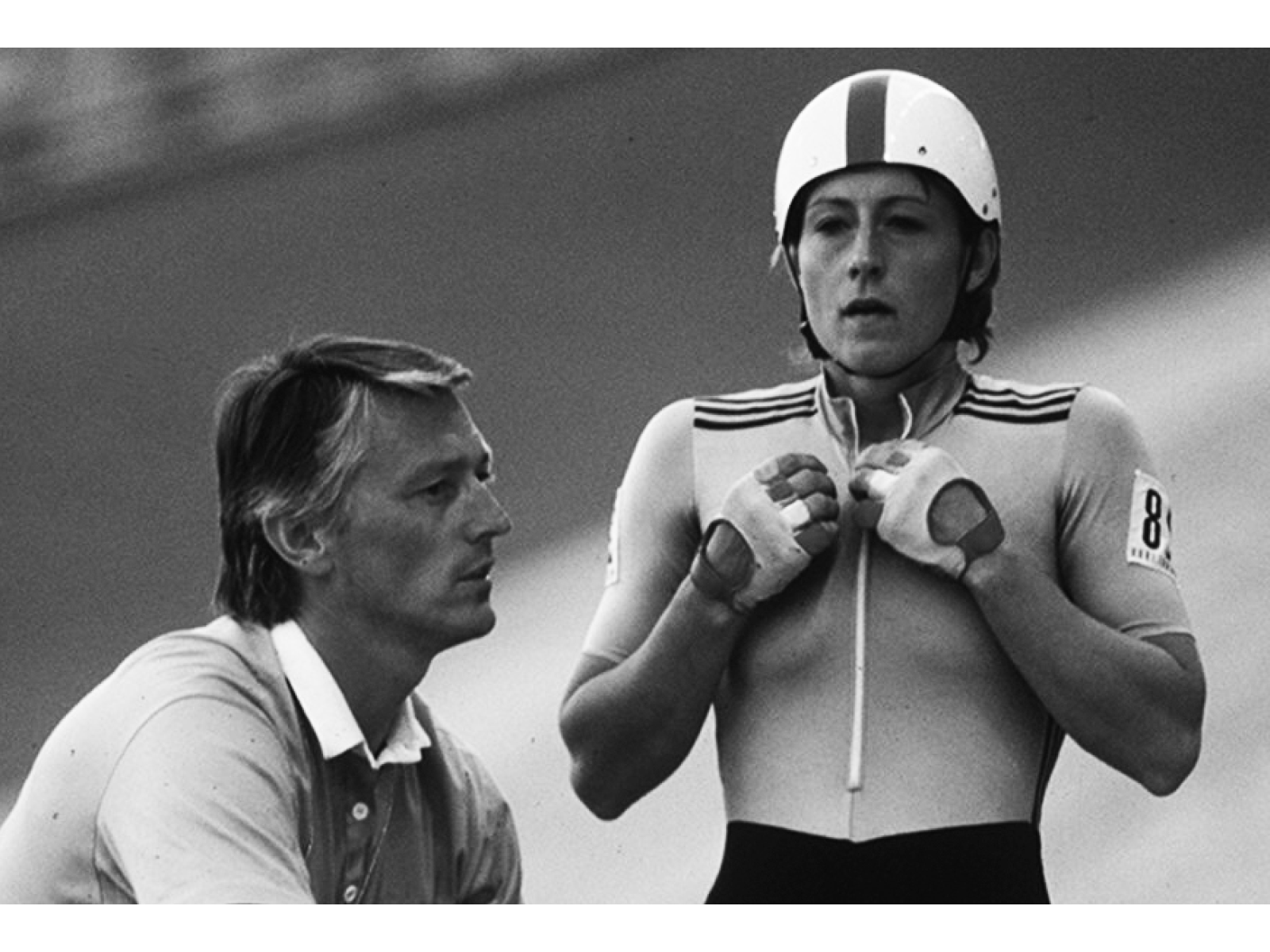Fantastic feats

Fantastic feats
The modern Olympic Games have long been a pinnacle of sporting achievement, but they have also been a source of surprising moments. We look back at the last 128 years to bring you some of the most interesting facts you might not know about the Olympics.

Fallen womb fears
For years, women were not allowed to compete in certain sports for fear that their wombs might fall out. The women's marathon was only introduced at the 1984 Olympics when the event was won by Joan Benoit.
Incredibly, it was not until the Sydney games in 2000 that women were first allowed to compete in weightlifting and the modern pentathlon.

A family affair
Spectators of the rowing in 1980 saw double during the coxless pairs event. The gold and silver medallists were identical twins from East Germany and the Soviet Union respectively.
In 1992, Andreas Keller (pictured) was part of the gold medal-winning German hockey team. His father Carsten had won gold in the same event in 1972 and his grandfather Erwin had won a silver medal in 1936.

The art of competition
It wasn't always just about sport. Competitions for the arts were held from 1912 to 1952, including architecture, literature, music, painting and sculpture.
In 1936, no gold medals were awarded in three of the arts categories after the judges decided none of the entries was worthy of the top prize. Only silver and bronze medals were awarded.

Animal antics
Animals have featured frequently in the Olympics - and not always intentionally.
Henry Pearce was leading the way in his quarter-final single sculls race in 1928 when he was blocked by a family of ducks.
Pearce courteously allowed the ducks to cross the river before continuing his race, which he went on to win.

All-weather athlete
German cyclist Christa Luding-Rothenburger earned a silver medal in cycling at the 1988 Summer Games.
Having already won two speed skating medals at the 1988 Winter Games, she became the only person in history to win winter and summer medals in the same year.

Boating mishaps
In Tokyo 1964, the first official fair play trophy was awarded to the Kall brothers, a Swedish sailing team who abandoned the race to save the lives of two competitors whose boat had capsized.

Barefoot Bikila
Abebe Bikila became the first Ethiopian gold medallist in 1960, running the marathon barefoot.
In 1964, he became the first person to win the race at two games in a row, this time wearing socks and trainers.

Para athletes
Even before recent leaps in technology, nutrition and training, athletes were surpassing what was thought possible.
American-German George Eyser won six gymnastics medals in one day at the St Louis 1904 Olympics, an achievement made all the more impressive when he did so with a wooden leg.

The will to live
Swimmers competing in longer events at the first modern Olympics in 1896 were taken out to sea by boat and left alone to return to shore.
Alfred Hajos, the 1200m winner, said: "My will to live completely overcame my desire to win."

Star substitutions
At the Paris 1900 Olympics, a child from the crowd came to the rescue of the Dutch rowing team when their coxswain was ruled out for being too heavy.
Remembered as the "unknown French boy", he stepped up to act as coxswain - a role that involves steering the boat and co-ordinating the rhythm of the rowing team.
The boy's nationality and identity remain uncertain, but there is no doubt he helped the Dutch team to victory.

Credits
Editor: Ed Barlow
Writer: Lauren Woodhead
Designer: Lee Martin
Illustrator: Klawe Rzeczy
Sub: Georgina Morris
Images: Getty Images
More long reads

How city of lights changed the Olympics
BBC Sport looks back to the last time Paris held the Olympics in 1924.

Breaking the new Olympic sport for 2024 explained
BBC Sport dives into the evolution of Breaking as a sport.
